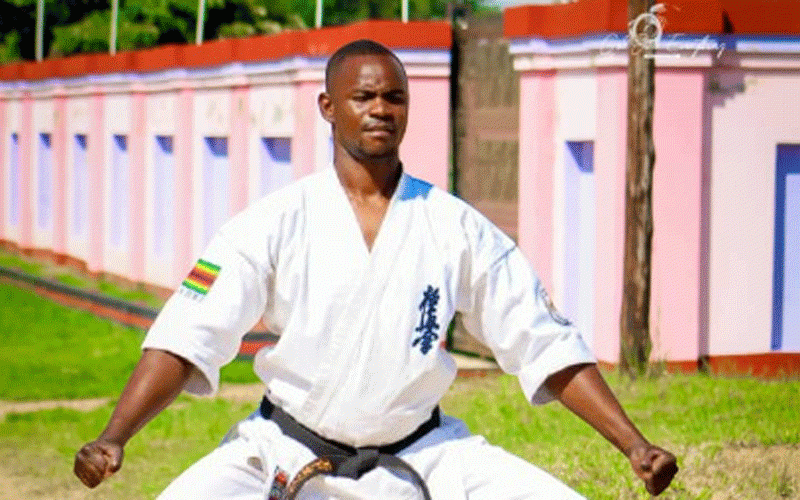
Have we ever wondered why junior schools have a sack race at their Sports Days? It is not exactly the most attractive of sights, seeing people lurch, hop, bounce, fall, tumble down the track; indeed, it is similar to watching a beginner do the butterfly stroke in swimming! Granted that when done correctly, the butterfly stroke can be a thing of grace and beauty – but are we ever going to see the sack race as one of the Olympic events? Perhaps it is because it is somewhat of a leveller that junior schools include the sack race in their fun sports events; it certainly provides lots of thrills and spills!
While some may run away from a sack race, others may see it as a sacrifice (not least to our dignity and perhaps even our knees!); sack race and sacrifice may sound the same but sacrifice is far more important than sack races. Elton John’s song by the title of ‘Sacrifice’ though laments the idea of sacrifice in a relationship; no commitment should be made, in the eyes of the singer. “Cold, cold heart, Hard done by you; Some things looking better, baby, Just passin’ through. And it’s no sacrifice, Just a simple word. It’s two hearts living In two separate worlds” – is that how we see sacrifice?
How much then are we prepared to sacrifice for what we want? If we were to ask any self-respecting insurer the answer will be very clear: it is a hard battle to persuade people to buy their insurance product. People want simply to enjoy what money they have now, while they have it and do not consider the future at all or the potential dangers that lurk around the corner every day. They do not want to give up their pleasures and money. They want the big holiday, the fancy car, the lavish party, not a cold distant policy. In very succinct clear terms, insurers will tell us that the vast majority will sacrifice long-term goals for short-term thrills. Do we ponder, along with Elton John, that it is “no sacrifice at all”? The temptations are certainly strong yet we are not aware of the sacrifice that is being made on the altar of instant gratification.
In sport, of course, we know that to succeed, we have to sacrifice a huge amount, in terms of energy, time, finance, relationships even. However, we must not sacrifice our children’s lives, confidence in and enjoyment of sport, by pushing them into situations that might give them great instant pleasure when we may damage them physically, emotionally, socially, in the long term. Yes, sports crowds love that player who dribbles round one player after another or tries fancy tricks with the ball, flipping it over the opponent’s head or through their legs but none of that necessarily leads to goals. The match is not about thrills; it is about goals. Children’s lives must be about goals.
Long-term goals require commitment, dedication, vision and determination and the internationally-respected Long Term Player Development programme highlights the different stages we should follow to bring about what we ultimately want for our children. Sadly, however, with our children we as parents and coaches (who transfer the idea to our children) want everything now for our children. We want them to play for first teams, for provinces, for national teams yet the majority of those children stop playing that sport once they leave school. The long-term goal is that children continue to play sport – as we have often stated, education is for life, sport is integral to education, so sport is for life. It must not be about the immediate thrill of playing for a certain team. We develop players.
What we need to remember is what one smart insurer states strongly: “It’s not luck!” No, it is not luck; it is common sense allied to sacrifice, proper sacrifice, sensible sacrifice. In a relationship it means giving up our immediate preferences for the good of our relationship or, more importantly, our partner’s well-being and happiness. In children’s sports, it means giving up cheap thrills of wins. Long-term goals must always trump short-term thrills.
Whether we are an insurer of adults or an inspirer of children, the message is the same; we must not sacrifice our long-term goals for our short-term thrills. We must look beyond the present and ensure the long-term development of our children in sport. We must instil in our children a love of the game not a love of recognition or glory. Oh yes, as the song states, “Sweet deceit comes a callin’ and negativity lands”; it comes persistently and persuasively, urging us to taste success and excitement now. We must be ready to sacrifice all such desires. It is not a sack race; it is sacrifice.
- Blanket Mine revenue rises 37%
- ED challenger nabbed
- Sunday word: Identifying ‘mother of earth’s abominations’
- Frontline Kids plots surprise reunion










